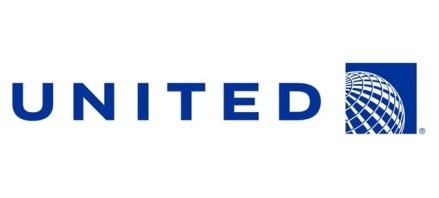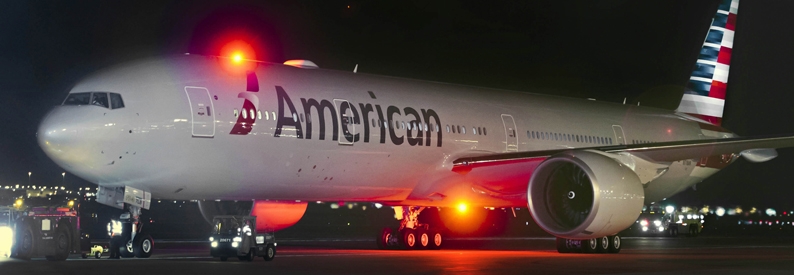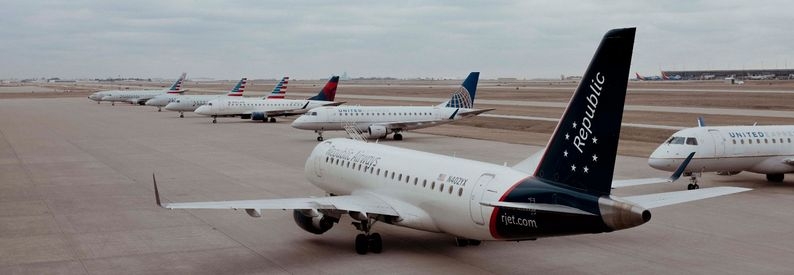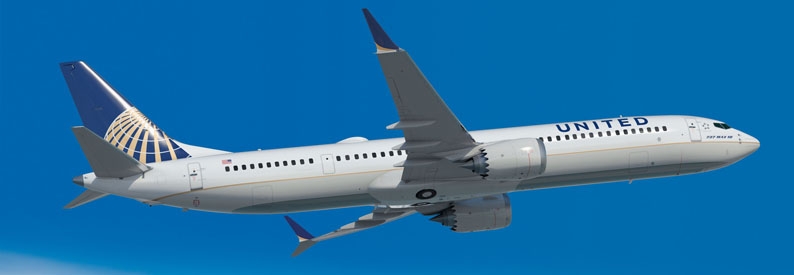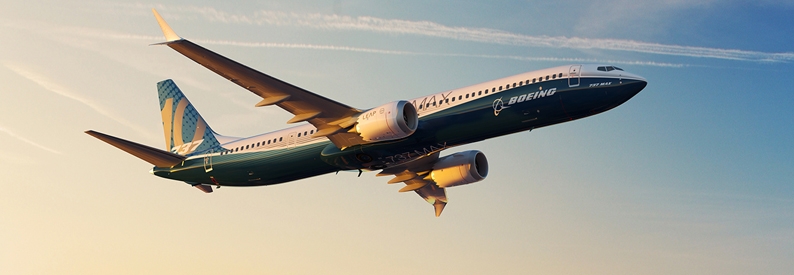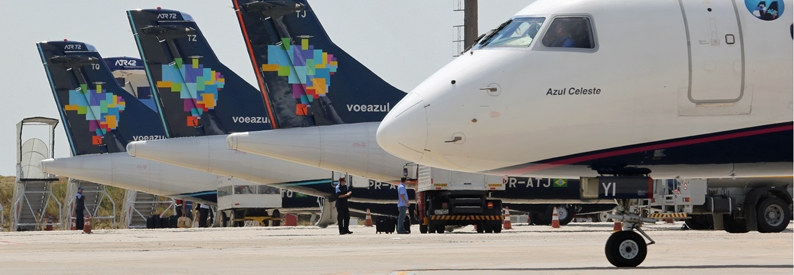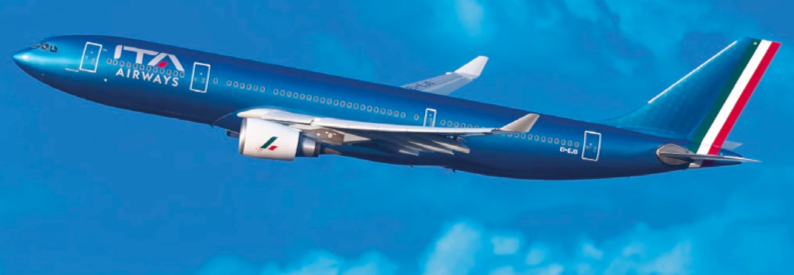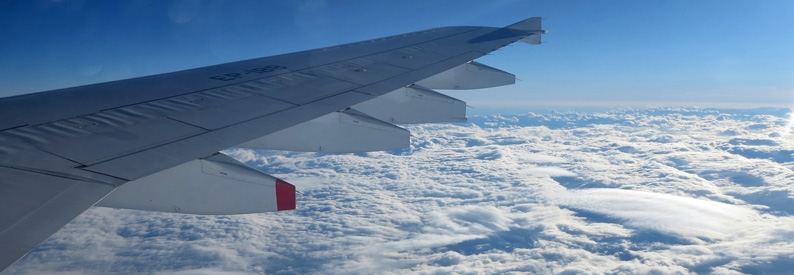United Airlines (UA, Chicago O'Hare) is inching towards a final decision over a triple-digit widebody aircraft order that's reportedly come down to a two-horse race between the Airbus A350 and Boeing's B787 Dreamliner. The deal has been months in the making and involves over 100 planes - making it one of the industry's biggest long-haul aircraft orders to date.
According to Bloomberg, the exact number of aircraft to be acquired is yet to be determined but sources involved in the negotiations have confirmed the 100-plus figure. CEO Scott Kirby also recently told a pilot training session in Denver that a "triple-digit" widebody order was imminent and various aircraft types were in the running.
In June 2021, United signed a blockbuster narrowbody aircraft order totalling 200 B737 MAX from Boeing and seventy A321-200Ns from Airbus that addressed many of the narrowbody fleet replacement challenges the airline faced.
According to the ch-aviation Commercial Aviation Aircraft Data module, United Airlines presently has 214 widebody aircraft. The exclusively Boeing fleet includes thirty-eight B767-300ERs; sixteen B767-400ERs; nineteen B777-200s; fifty-five B777-200ERs; twenty-two B777-300ERs; fourteen B787-10s; twelve B787-8s; and thirty-eight B787-9s. The airline also has forty-five A350-900s on order, however, that order dates back to 2017 and has been repeatedly deferred. A further seven B787-10s remain on the Boeing orderbook.
United's fleet of Dreamliners and B777-300(ER)s are relatively young, but the B777-200(ER)s have an average age of 22.6 years; the B777-200s have an average age of 25.6 years; the B767-400(ER)s have an average age of 21.1 years; and the B767-300(ER)s have an average age of 26.8 years. Older aircraft face higher maintenance costs, which makes replacement a financially attractive proposition. United’s chief financial officer, Gerry Laderman, recently told a Cowan conference that the airline is working on "what we want to do on the cadence of retirement" for its oldest widebodies, but provided no further specific information.
United Airlines, Airbus, and Boeing spokespersons declined to comment to ch-aviation.
- Type
- Base
- Aircraft
- Destinations
- Routes
- Daily Flights
